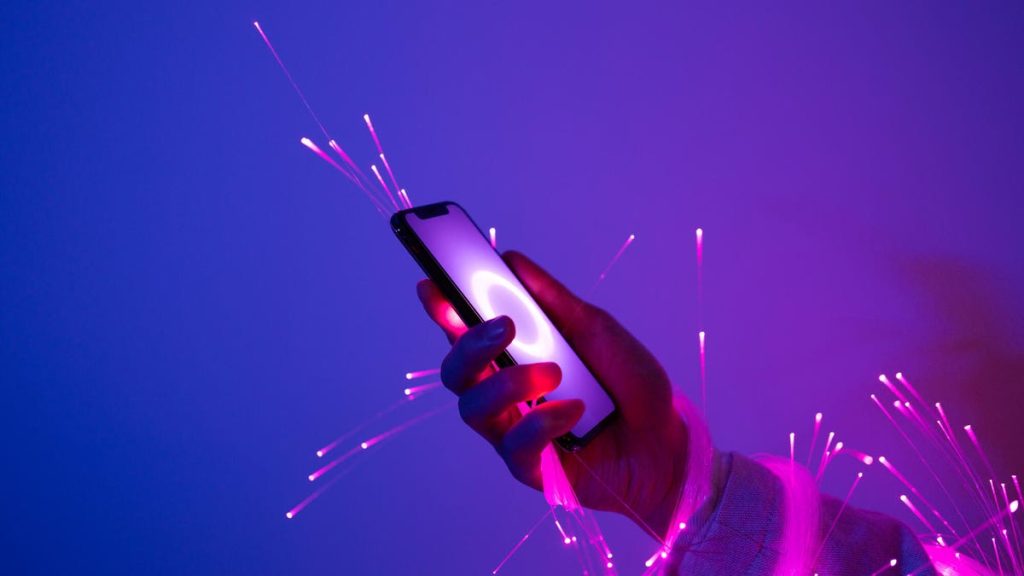Research on the potential link between cell phone use and cancer risk has been ongoing for years, with conflicting results leading to uncertainty among the public. The World Health Organization’s International Agency for Research on Cancer listed radio-frequency radiation from cell phones as possibly carcinogenic back in 2011, sparking concerns about the health effects of mobile phone use. However, recent studies have failed to find credible evidence linking cell phones to an increased risk of cancer, particularly brain cancer. Dr. Timothy Rebbeck, a professor of cancer prevention, believes that the low levels of radiation emitted by cell phones and other consumer technology do not pose a significant threat to human health.
Despite the general lack of evidence linking cell phones to cancer, ongoing research is still necessary to fully understand the long-term health effects of technology use. As technology becomes more ingrained in our daily lives, with devices like smartwatches and Bluetooth accessories, concerns about radiation exposure persist. While nonionizing radio-frequency radiation emitted by these devices is not known to cause cancer, some individuals still worry about potential risks. However, experts like Dr. Rebbeck emphasize that the heat generated by technology is unlikely to pose a significant threat to users, as long as devices are used properly.
Bluetooth devices have also faced scrutiny over potential health risks, as they use radio frequency to transmit signals over short distances. However, research has shown that Bluetooth devices emit radio-frequency waves at powers significantly lower than cell phones, making them a safer alternative for those concerned about radiation exposure. While more data is needed on the long-term effects of Bluetooth technology, current evidence suggests that the risk of cancer from using these devices is minimal. As technology continues to evolve, ongoing research will be crucial in understanding the potential health impacts of newer devices.
In addition to cancer concerns, studies have examined the impact of cell phone use on sperm count and fertility. While some research has suggested a correlation between increased mobile phone use and poorer semen quality, other studies have found little to no effect on sperm or semen quality from carrying a phone in a front pocket. Reproductive health is a complex and understudied area of medicine, and factors beyond cell phone use, such as environmental pollutants and dietary factors, may also influence fertility. More rigorous studies are needed to fully understand the relationship between technology use and reproductive health.
Overall, while the link between cell phone use and cancer risk remains a topic of debate, evidence suggests that the low levels of radiation emitted by cell phones and other consumer technology are unlikely to cause cancer. In contrast, lifestyle factors such as smoking, diet, and alcohol consumption have been definitively linked to cancer risk. As research continues to advance, a better understanding of the potential health effects of technology use will help individuals make informed decisions about their habits and lifestyles.











